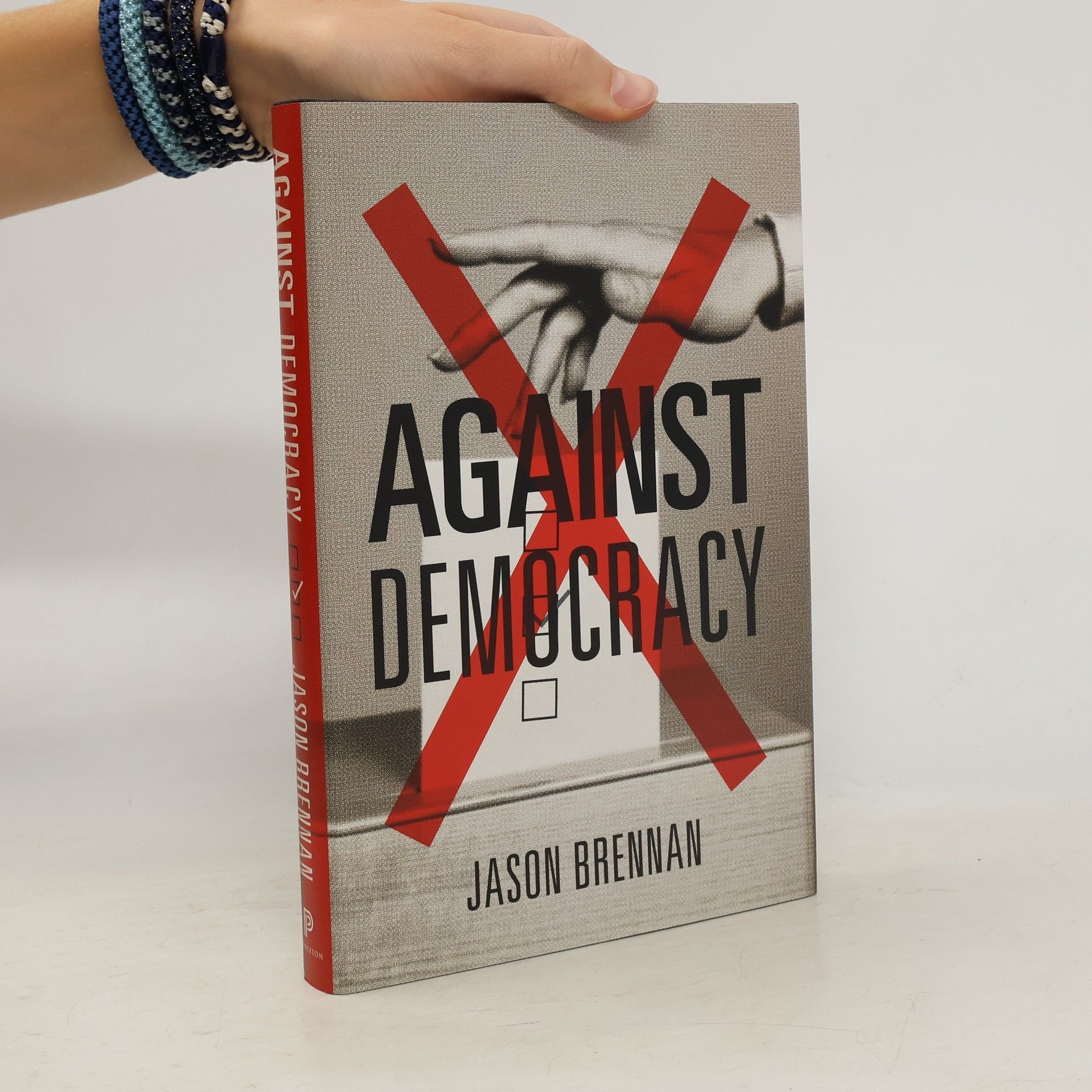Proti demokracii
- 330 pages
- 12 hours of reading
Autor v této kontroverzní knize tvrdí, že demokracie by měla být posuzována podle svých výsledků – a ty nejsou dostatečně dobré. Stejně jako mají obžalovaní právo na spravedlivý proces, mají občané právo na kompetentní vládu. Vinou toho, jak je nastaven systém voleb politického vedení, stávají se demokracie stále častěji vládou neznalých a iracionálně rozhodujících politiků, a příliš často selhávají. Podíl na politické moci většině voličů přináší jen málo užitku. Celá řada sociálněvědních výzkumů ukazuje, že možnost politické účasti paradoxně činí nezanedbatelnou část voličů iracionálnější a zaujatější. Vzhledem k tomuto chmurnému zjištění Brennan tvrdí, že nový systém vlády, který nazývá epistokracie neboli vláda znalých, může být lepším systémem než demokracie a že je možná na čase začít s tímto nápadem experimentovat.




